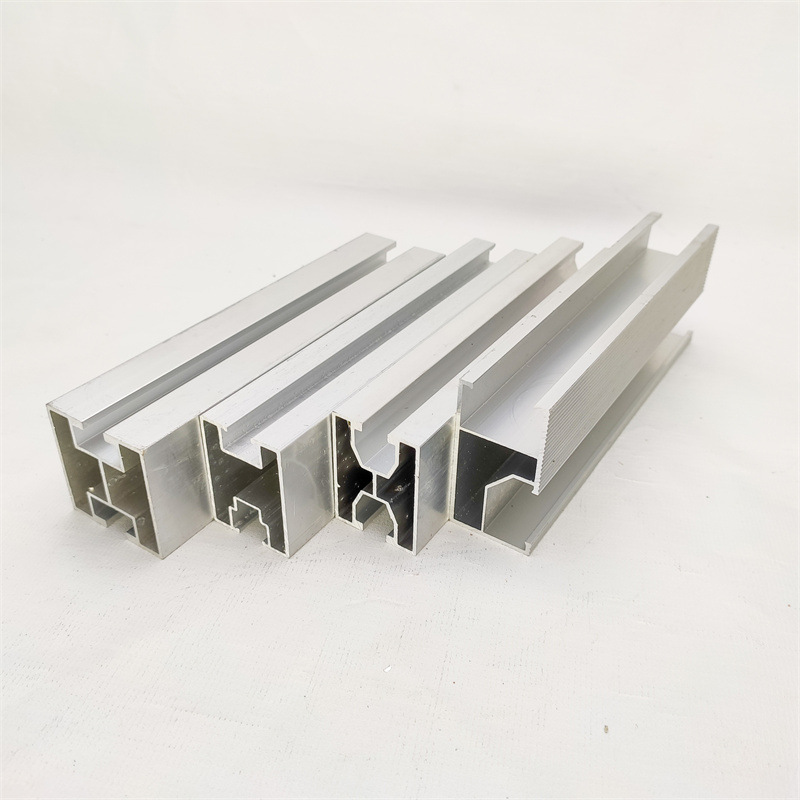

Automotive Flange Nuts Overview for Enhanced Vehicle Performance and Reliability
Nov . 10, 2024 10:57 Back to list
Automotive Flange Nuts Overview for Enhanced Vehicle Performance and Reliability
Understanding Automotive Flange Nuts Types, Uses, and Benefits
In the automotive industry, the selection of fasteners is crucial for ensuring the safety and reliability of vehicles. Among these fasteners, flange nuts play an essential role, especially in securing components that are frequently subjected to vibrations and dynamic loads. This article explores the significance of automotive flange nuts, their types, applications, installation, and benefits.
What are Flange Nuts?
Flange nuts are a type of nut characterized by a wide flange at one end, which serves to distribute the load over a larger surface area when tightened. This design minimizes the risk of damage to the mating surface and improves the locking capability of the nut, making it less prone to loosening under vibration. The flange also provides an increased bearing surface that helps resist stripping of the threads, especially in softer materials.
Types of Flange Nuts
Flange nuts come in various styles and designs, each tailored for specific applications. The most common types include
1. Standard Flange Nuts These are the basic version featuring a flat bearing surface. They are mainly used for general applications in automotive assembly where load distribution is necessary.
2. Serrated Flange Nuts Also known as prevailing torque nuts, these have serrations on the flange that grip the surface beneath them when tightened. This design offers enhanced resistance to loosening from vibrations, making them ideal for use in engine compartments or undercarriage applications.
3. Lock Flange Nuts These nuts combine a locking feature with a flange. They can include nylon inserts or mechanical locking mechanisms that prevent the nut from loosening over time, ensuring the integrity of critical components.
4. Hex Flange Nuts These nuts feature a hexagonal shape, making them compatible with standard wrenches and allowing for easy installation and removal. They can also come with serrated flanges for added security.
5. Specialty Flange Nuts Certain applications require custom designs, such as temperature-resistant or corrosion-resistant flange nuts for environments exposed to harsh conditions, including chemical exposure or extreme temperatures.
Applications of Flange Nuts
Flange nuts are predominantly used in automotive assembly due to their load-bearing capabilities and resistance to loosening. Common applications include
- Suspension Systems Flange nuts secure various components of the suspension system, where constant vibrations can lead to the loosening of conventional nuts.
- Engine Components They are used to secure critical engine parts, such as the oil pan, intake manifold, and cylinder heads, where strength and reliability are paramount.
- Chassis and Body Assembly Flange nuts play a vital role in holding together various components of the vehicle’s chassis and body, from brackets to engine mounts.
automotive flange nuts

- EXHAUST SYSTEMS They are critical in exhaust manifold and muffler installations, where heat and vibration present additional challenges
.Installation Tips
To ensure optimal performance, proper installation of flange nuts is crucial. Here are some tips
- Torque Specifications Always refer to the manufacturer’s torque specifications to avoid over-tightening, which can lead to failure or stripping.
- Surface Preparation Ensure the mating surfaces are clean and free of debris to achieve an effective seal and enhance load distribution.
- Use of Washers In some cases, especially with softer materials, using a washer beneath the flange nut can further distribute the load and protect the surface.
- Inspection Regularly inspect flange nuts for signs of wear or damage, especially in high-stress applications. Replacing them as necessary can prevent failures.
Benefits of Using Flange Nuts
Using flange nuts in automotive applications offers several advantages
- Enhanced Load Distribution The wide flange helps distribute stress, reducing the risk of material deformation.
- Vibration Resistance Their design helps prevent loosening from vibrations, which is critical in moving vehicles.
- Easy Installation Flange nuts can be installed more quickly because of their integrated design, saving time during assembly.
- Versatility They can be used in various applications across different vehicle systems, making them a versatile option for manufacturers.
Conclusion
Automotive flange nuts are a vital component in ensuring the durability and reliability of vehicles. Their various types, applications, and benefits make them indispensable in the automotive industry. Understanding the significance of flange nuts helps manufacturers and mechanics make informed decisions that enhance vehicle safety and performance. As automotive technology continues to evolve, flange nuts will remain a cornerstone of automotive assembly and maintenance.
Latest news
-
Premium Fasteners Manufacturer | AI-Driven Solutions
NewsAug.01,2025
-
Hot Dip Galvanized Bolts - Hebei Longze | High Strength, Corrosion Resistance
NewsAug.01,2025
-
High-Strength Hot Dip Galvanized Bolts - LongZe | Corrosion Resistance, Custom Sizes
NewsAug.01,2025
-
Best Self Tapping Screws for Drywall - Fast & Secure Installation
NewsJul.31,2025
-
High-Strength Hot Dip Galvanized Bolts-Hebei Longze|Corrosion Resistance&Customization
NewsJul.31,2025
-
Hot Dip Galvanized Bolts-Hebei Longze Metal Products|Corrosion Resistance&High Strength
NewsJul.31,2025

